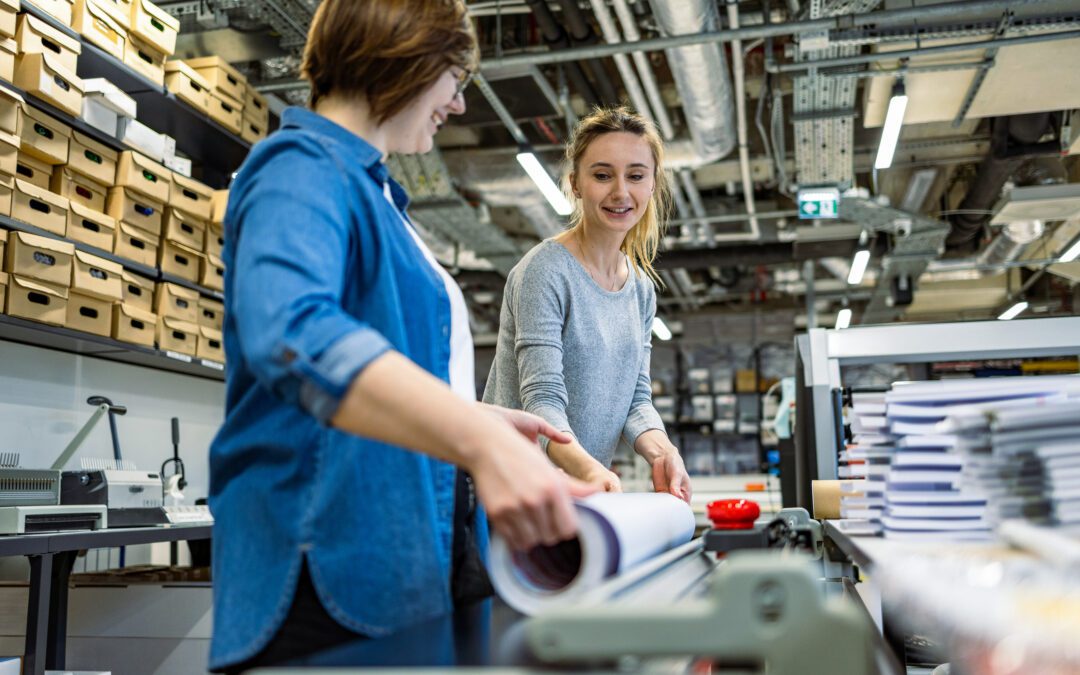You’ve probably heard of internships, but have you heard of co-ops? If you’re an engineering student at the University of Maine, or thinking about becoming one, then it’s a term you’ll probably want to become familiar with.
First Things First: What Is It? 
A co-op (short for “cooperative education experience”) is a full-time, paid job that you take on for two total semesters as part of your college experience. It’s longer and more immersive than a traditional internship, and it’s built into your academic plan. That means you hit pause on your classes for one semester (often summer), work full-time at a pulp and paper mill or related industry facility, and then return to campus with fresh experience and a whole new perspective—and still graduate in just four years! Co-op positions vary. While some students have worked on high-speed automation or safety systems, others have worked on process troubleshooting or sustainability projects. You can interview for co-op experiences that match your interests. Here are more distinct differences between internships and co-ops:
Internships:
- are often done by first year students (any major) for one summer
- can be on campus, in a nearby business, and occasionally out of state
- are typically “exploratory” positions meant to give you a general idea of what a specific field or industry might be like
Co-ops:
- are a two-semester work experience at the same company and/or location
- occur as part of your academic plan, which means students still graduate in four years. Chemical engineering majors usually complete a rotation of summer/spring or fall/summer work experiences, while all other engineering majors co-op for two summers.
- are paid work experiences
- can be with any company, in any state (we have co-op jobs with 30+ companies in 50+ locations across the country!)
- allow you to explore a specific job position and manufacturing facility in depth
- allow you to work on value-added projects to improve the company’s product quality, operational efficiency, and/or environmental impact
- prepare you to hit the ground running as a full-time engineer immediately following graduation
Why Are Co-ops Valuable?
We know that students come to UMaine to get a degree—but also to build a future. We require two semesters of co-op experience for every UMPPF Scholarship Recipient because they make your education more hands-on, more relevant, and more impactful. When you graduate, you won’t just be ready. You’ll be ahead.
- Experience Real Work: You’re not fetching coffee. You’re building, optimizing processes, solving technical problems, and applying classroom learning in a higher-stakes environment.
- Get Paid to Learn: Every co-op through UMPPF is paid. So while you’re gaining career experience, you’re also earning money. Some companies even offer stipends for housing, travel, and more.
- Boost Your Resume: Employers love candidates with real-world experience, and co-ops give you exactly that. They also help you figure out what you like—and what you don’t—before committing to a full-time position.
- Make Meaningful Connections: During you’re co-op, you’ll meet engineers, managers, and mentors who might be the key to a future job offer. Many UMPPF students are offered full-time positions by their co-op company after graduation.


Recent Comments